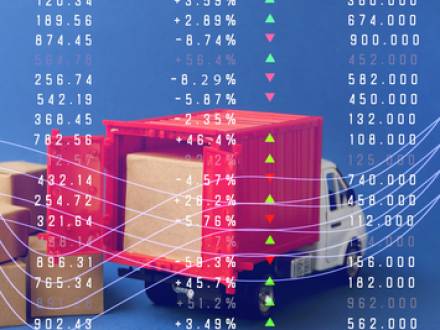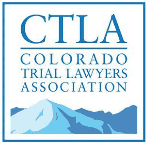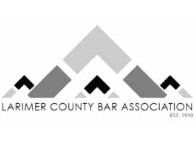Request a Free Consultation | No Upfront FeesSe Habla Español
970-225-2190 |
1-800-664-3151
The Role of Black Box Data in a Truck Accident Case in Colorado
 When a truck crash occurs, one of the most valuable pieces of evidence may not come from eyewitnesses or traffic cameras. It can come from the truck itself. Many commercial trucks are equipped with electronic logging devices (ELDs) or "black boxes" that store important data before, during, and after a collision. This digital information can be crucial in proving what happened and who was at fault. If you recently suffered an injury in a truck accident and have questions about proving your claim, a Larimer County, CO truck accident attorney can help.
When a truck crash occurs, one of the most valuable pieces of evidence may not come from eyewitnesses or traffic cameras. It can come from the truck itself. Many commercial trucks are equipped with electronic logging devices (ELDs) or "black boxes" that store important data before, during, and after a collision. This digital information can be crucial in proving what happened and who was at fault. If you recently suffered an injury in a truck accident and have questions about proving your claim, a Larimer County, CO truck accident attorney can help.
What Are Black Boxes in Trucks?
Block boxes in commercial trucks are similar to those used in airplanes. They are data recorders, often referred to as electronic control modules (ECMs) or ELDs, that track how the truck operates. These devices are often installed by the manufacturer and mandated by federal law under 49 CFR § 395.8. This law requires most commercial truck drivers to use ELDs to record hours of service and vehicle activity, helping ensure drivers follow rules meant to reduce fatigue and improve road safety.
Many of these devices start recording automatically when the truck is turned on. They monitor a range of performance indicators, which can later be analyzed if an accident occurs. Since trucking companies often have legal teams ready to defend them, preserving this black box data as soon as possible can help your case.
What Does a Truck’s Black Box Record?
A truck’s black box captures more than just the driver’s hours behind the wheel. Some commonly recorded data include:
-
Speed at the time of the crash
-
Sudden braking or acceleration
-
Steering input and wheel angle
-
GPS location and route history
-
Time spent driving and resting
-
Use of cruise control or brakes
In serious accidents, this information can provide a timeline of events. For example, the data might show that the truck was speeding or failed to slow down in time. In some cases, it may also reveal mechanical issues that contributed to the crash, such as brake failure or a blown tire.
Why Does Black Box Data Matter for a Truck Accident Claim?
Black box data often provides evidence that helps clarify what happened. In many truck accident cases, there may be conflicting stories between drivers, especially if there are no neutral eyewitnesses. This data can support a victim’s claim by confirming unsafe driving behavior or showing the truck was improperly maintained. For example, under Colorado Revised Statutes § 42-4-1101, drivers must obey posted speed limits and adjust speed according to road conditions. If black box data shows the truck was going too fast, it can be used to show that the driver violated this statute and acted negligently.
In Colorado, proving negligence is central to recovering damages in a personal injury claim. Even if you are partially at fault for the accident, Colorado law, under C.R.S. § 13-21-111, still allows you to recover a percentage of the available compensation. You just cannot be more than 50 percent responsible for the crash. Black box data can reduce your share of blame or even eliminate it entirely by clearly showing that the truck driver or company acted carelessly.
Contact Our Fort Collins, CO Truck Accident Attorneys Today
If you or a loved one suffered an injury in a truck accident, you need someone on your side who can move quickly to collect black box data and build a strong case for compensation. Contact the Larimer County, CO truck accident lawyer at Hoggatt Law Office, P.C. for a free consultation today. Se habla Español.

970-225-2190 | 1-800-664-3151
1403 W. 29th St.,
Loveland, Colorado 80538
Greeley:
3835 W. 10th Street, Unit 100,
Greeley, Colorado 80634|
970-460-2220
Longmont:
2204 18th Ave, Suite 123,
Longmont, Colorado 80501|
720-575-0509
Boulder:
4450 Arapahoe Avenue, Suite 100,
Boulder, Colorado 80303|
303-997-2018
Ft. Collins:
123 North College Ave., Suite 160,
Fort Collins, CO 80524|
970-225-2190
Cheyenne:
109 E. 17th St., Suite #6148,
Cheyenne, WY 82001|
307-227-4051 (By Appointment Only)















